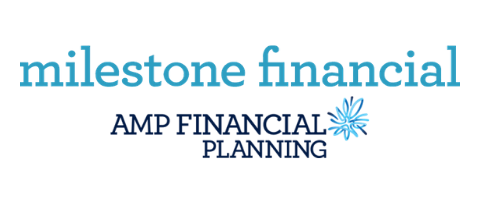

GET THE FINANCIAL BASICS RIGHT
Cashflow budget, spending, reduce debt
If you’ve overspent, we recommend you get back to basics. By basics we mean:
- sorting out your cashflow budget
- making a concerted effort to reduce your ‘bad’ debt
- put in place a sound bank account structure so that you can save for big expenses in the future.
The B Word (budget)
Most people we talk to think having a budget is boring. But it doesn’t have to be. The thing about a budget is that it lets you know how much you can spend on the non-discretionary items. These include things like food, kids’ school costs and investing. Then, how much you have left over to spend on non-essentials like new clothes or the latest gadget. If you have an insight into your spending habits then purchase decisions can be a lot easier and less stressful.
We suggest that you factor in a certain amount for savings and investing BEFORE you decide how much you have left for discretionary spending. This will ensure that you do save – even if it’s only a small amount each week.
How many bank accounts do you have?
Many people find it easier to set aside money into different bank accounts for different purposes. Groceries, holidays, school expenses, Christmas– whatever it is that is important to you and helps you manage your cashflow budget. This is particularly useful if you have a large expense or item that you want to save for over a long period.
Others find this too difficult to manage and mentally segment their bank account. It’s up to you, but it is important to keep in mind the amounts that you need for each expense so that when they come due – whether it’s each week for the groceries, or once a year for the insurance premiums – that there is always money set aside and you don’t have to resort to credit to make the payments.
Do you need some plastic surgery?
Even if you pay off your credit card each month, it has been proven that people spend around 10% more using a credit card than they would if they were paying with cash. If you need to use your credit card to make ends meet, then look back over your budget to see where you can make some savings. We understand that credit cards are convenient, but a debit card (which deducts the payments from cash already in your account) is convenient and isn’t putting you into debt. These days many banks just send out credit cards without even asking if you need one. If you have too many cards just get out the scissors and give them a bit of plastic surgery! You’ll feel a lot better for doing it!
January is a great time to get your finances in order. Talk to Milestone Financial today to see how we can help you to get the basics right so that you can have a great start to this New Year.
CONTACT US FOR FURTHER INFORMATION OR TO MAKE AN APPOINTMENT




Milestone Financial Services Pty Ltd
(ABN 68 100 591 508) is an Authorised Representative and Credit Representative of AMP Financial Planning AFSL 232706
